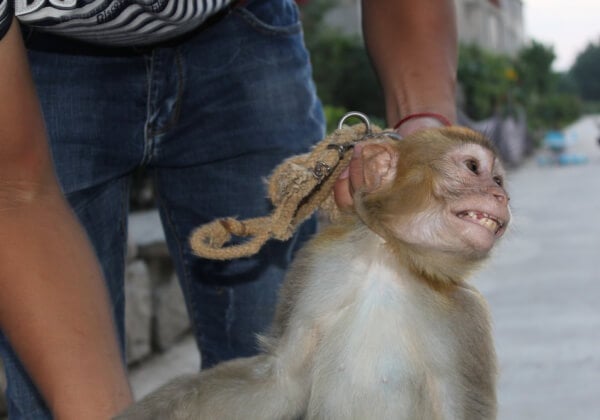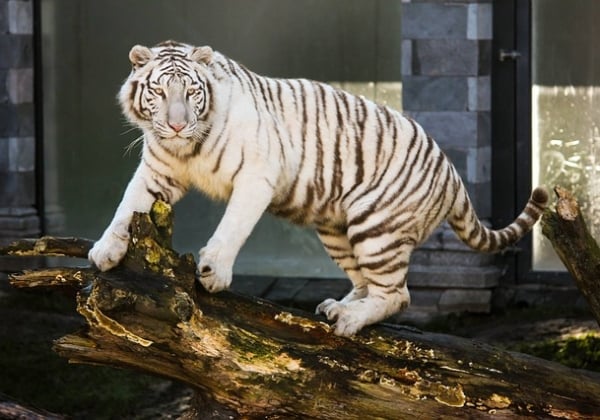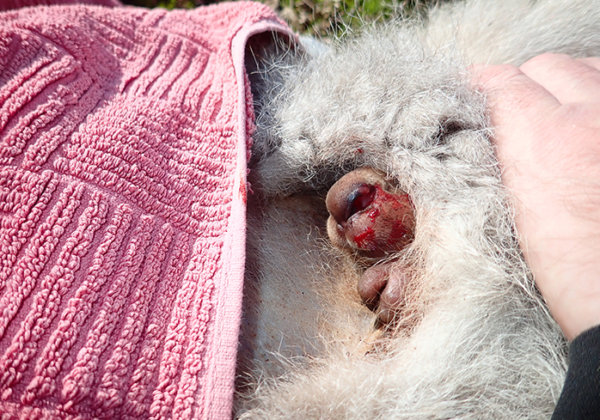Living in Harmony With Wildlife
 Australia’s diverse ecosystem affords us many opportunities to enjoy watching animals in their natural habitat. We can live peacefully alongside wildlife, and it takes just a little effort to help keep animals safe.
Australia’s diverse ecosystem affords us many opportunities to enjoy watching animals in their natural habitat. We can live peacefully alongside wildlife, and it takes just a little effort to help keep animals safe.
Living in harmony with wildlife means letting animals live as nature intended, not treating them like novelty pets. Foxes, possums and water dragons don’t want to be your friend – they want to be left alone. Leaving food out does them no favours. Acclimating wild animals to human contact almost always ends badly for them, as they can quickly be labelled “nuisances” and removed or even killed.
There are many reasons why feeding wildlife is a bad idea. Many foods can be harmful, causing bloating or even poisoning animals. It is also dangerous for wild animals to become reliant on humans as a food source, and hand-feeding can reduce their natural and necessary fear of humans.
Of course, in times of drought or other extreme conditions, putting a shallow dish of water in a shady spot and even throwing out the occasional small pieces of natural food scraps (such as mango or other native fruits) can be a life saver. But a helping hand must still remain hands-off.
Always keep an eye out while driving, and if you see an animal on the side of the road, please always stop to check whether he or she is injured. Many animals will lie stunned but alive, and marsupials may also have live young in their pouch, even if the mother herself has been killed. (Please don’t pull young animals out of a pouch, as they may still be attached to the mother’s teat and removing them can cause serious injuries.) If you do find an injured animal, please take him or her to the nearest 24-hour veterinarian clinic, or if you are unable to transport the animal yourself, please call the RSPCA or local wildlife group and stay with the animal until a rescuer arrives. Don’t leave, as the rescuer may have trouble locating the animal, especially at night: a life depends on you.
There are also products available which may help repel wildlife from coming too close to moving vehicles. Sonic repellers have not yet been proved to reduce the instance of traffic collisions, but if they can prevent even one animal from being hit on our roads, they are a worthwhile and inexpensive investment.
And there are simple things that you can do to keep critters from moving inside your home: cap your chimney, seal holes and cracks and store all food in airtight, rodent-proof containers. Keep all garbage in tightly sealed, chew-proof bins.
We cause our wild neighbours far more trouble than they cause us, as we take over their homes and interfere with their lives. It’s time to recognise animals’ rightful place in the world. We can all co-exist in peace.
Posted by Claire Fryer







